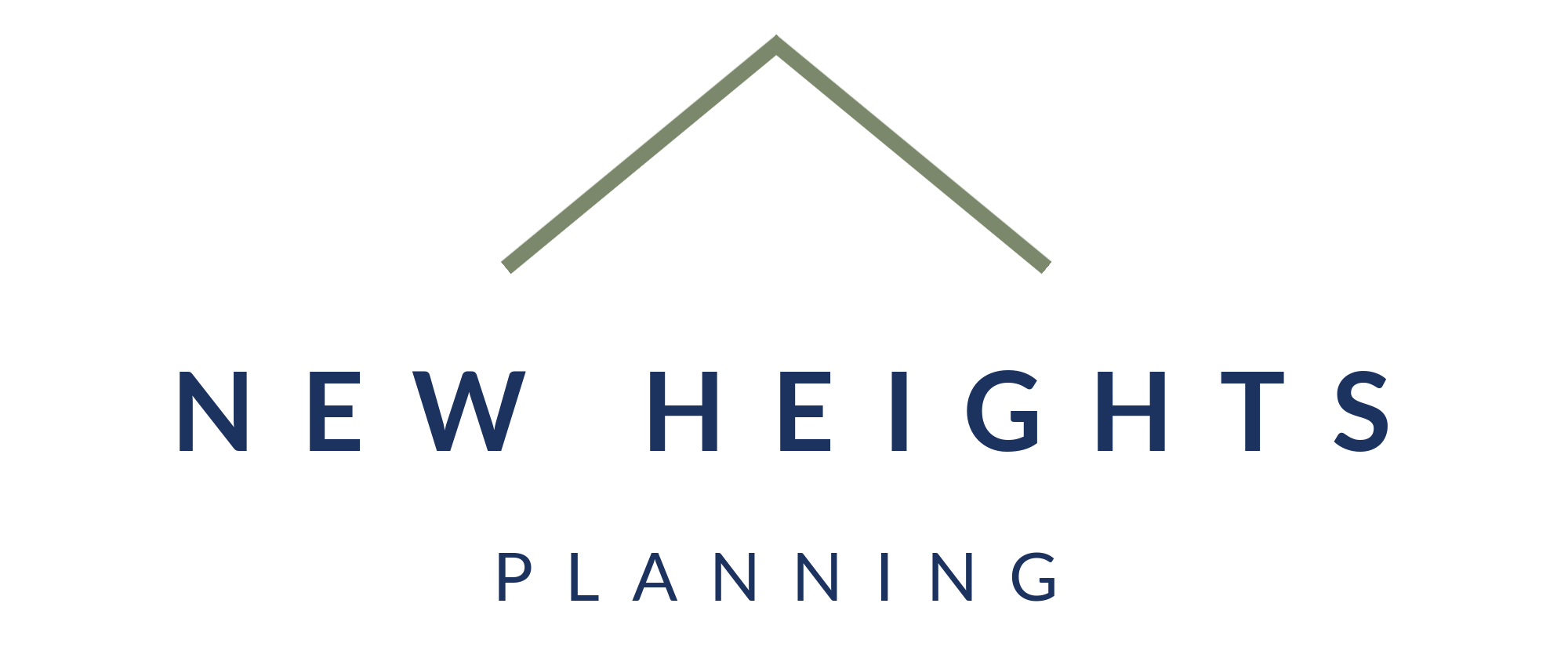Why Did My 401(k) Contrubtions Stop?
Why Did My 401(k) Contributions Stop?
Sign up for my upcoming webinar on Maximizing your 401(k).
Full Transcript:
Why did my 401(k) contributions stop? It’s only September, and I haven’t even maxed out yet.
This is an unpleasant surprise that many high-earning Shell professionals will experience as their careers progress. To describe what happened, let’s use an example, Jane. Jane is a manager at Shell, and her base salary is $300,000. Jane’s aware of the $22,500 contribution limit, and she wants to put that into the pre-tax bucket in her 401(k). So with a base salary of $300,000, Jane calculates that she needs to put in 7.5% of her salary into her 401(k).
Her base pay of $300,000 is $25,000 per month, and 7.5% of that is $1,875. So of course this continues, so year to date in February, she gets $50,000 for the year, another $25,000 a month, and in February, she puts another $1,875 into her 401(k).
Now then she also gets her bonus, and it was a great business performance factor, and Jane also performed well. So she got a phenomenal bonus, $130,000. So her year-to-date pay is now $180,000, but Jane wanted to use her bonus for other financial goals, so she didn’t put any of it into her 401(k). Now if we fast forward to last month, she continues getting her $25,000 base salary per month, and so therefore, she has made $330,000 year to date, and in August, another $1,875 goes into her 401(k).
In September, though, something different happens. Although she gets her same base pay, she notices that her 401(k) contributions completely stop. In addition to that, Shell stops contributing to her 401(k) on the company contribution side as well, and redirects their contributions to a BRP, or benefit restoration plan.
So what happened? Jane was keenly aware of the $22,500 individual pre-tax contribution limit. However, she was not aware that the IRS has another lesser-known limit. Once your year-to-date compensation hits $330,000, you can no longer contribute any more to your 401(k) that year, and neither can your employer. So once she hit that in August, her 401(k) contributions were completely shut off for the remainder of the year. So if we look at full year, Jane made $430,000, but she only contributed $15,000 to her 401(k), $7,500 less than her goal.
So what can Jane do differently for next year? First, Jane can contribute part of her bonus to her 401(k) as well, and second, Jane can increase her overall contribution. There is no penalty at Shell for maxing out early. Additionally, as Shell’s contribution is automatic, you don’t risk losing the company contribution. This is not the case with all other companies, so make sure if you don’t work for Shell, you’re checking your individual plan. Now, what should you do?
Check your 401(k) contributions and your paycheck to make sure you’re on track to meet your goals and increase it if you’re approaching this $330,000 compensation limit.



